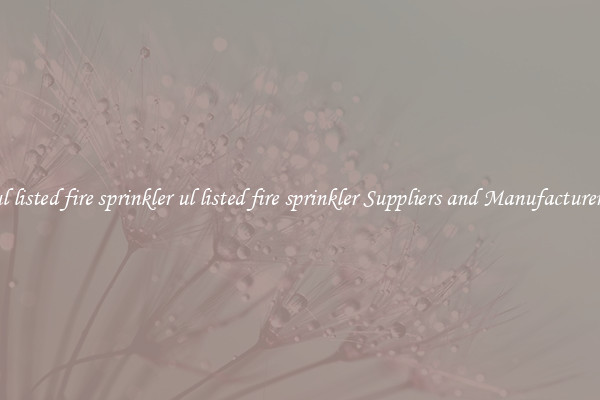Wholesale nfpa 70e Designed to Ensure Fire Safety
NFPA 70E: Designed to Ensure Fire Safety in Wholesale Spaces

In any wholesale operation, fire safety should be a top priority. The risk of fire in these spaces can be high due to the presence of flammable materials, electrical installations, and potentially hazardous work processes. To mitigate these risks, the National Fire Protection Association (NFPA) has issued NFPA 70E, a set of standards designed specifically for electrical safety in wholesale spaces.
NFPA 70E provides guidance on electrical safety requirements, best practices, and hazard prevention techniques. Its primary objective is to protect personnel from electrical hazards by reducing the likelihood of injuries and fatalities caused by fire or electrical accidents. As such, it is crucial that wholesale businesses adhere to these standards to ensure a safe working environment.
One key aspect of NFPA 70E is the identification and assessment of electrical hazards. This involves conducting a thorough analysis of the potential risks associated with electrical systems, equipment, and work processes. By identifying these hazards, businesses can implement necessary safety measures such as protective clothing, personal protective equipment (PPE), and safety training programs.
Additionally, NFPA 70E emphasizes the importance of regular equipment maintenance and inspection. Wholesale spaces typically involve a significant amount of electrical equipment, such as circuit breakers, transformers, and generators. Regular maintenance helps identify potential issues, such as worn-out parts or faulty installations, before they escalate into a fire hazard. It also ensures that the electrical system operates efficiently, minimizing the risk of overheating or electrical malfunctions.
Another critical aspect of NFPA 70E is providing safe working practices for employees. This includes guidelines on how to properly handle electrical equipment, such as using insulated tools, practicing lockout/tagout procedures to minimize electrical energy exposure during maintenance or repair work, and following correct procedures for working in confined spaces.
Training and education are vital to ensuring the successful implementation of NFPA 70E. Wholesale businesses should invest in comprehensive training programs for their employees, covering topics such as electrical safety awareness, emergency response procedures, and proper use of PPE. This will equip employees with the necessary knowledge and skills to identify hazards, respond to emergencies promptly, and effectively communicate safety concerns.
In conclusion, fire safety in wholesale spaces is of utmost importance, considering the presence of flammable materials and electrical hazards. The NFPA 70E standards are specifically designed to address these risks and ensure the well-being of personnel. By adhering to these standards, businesses can create a safer working environment, mitigate fire and electrical hazards, and ultimately protect the lives and assets of their employees.

View details

View details

View details

View details







